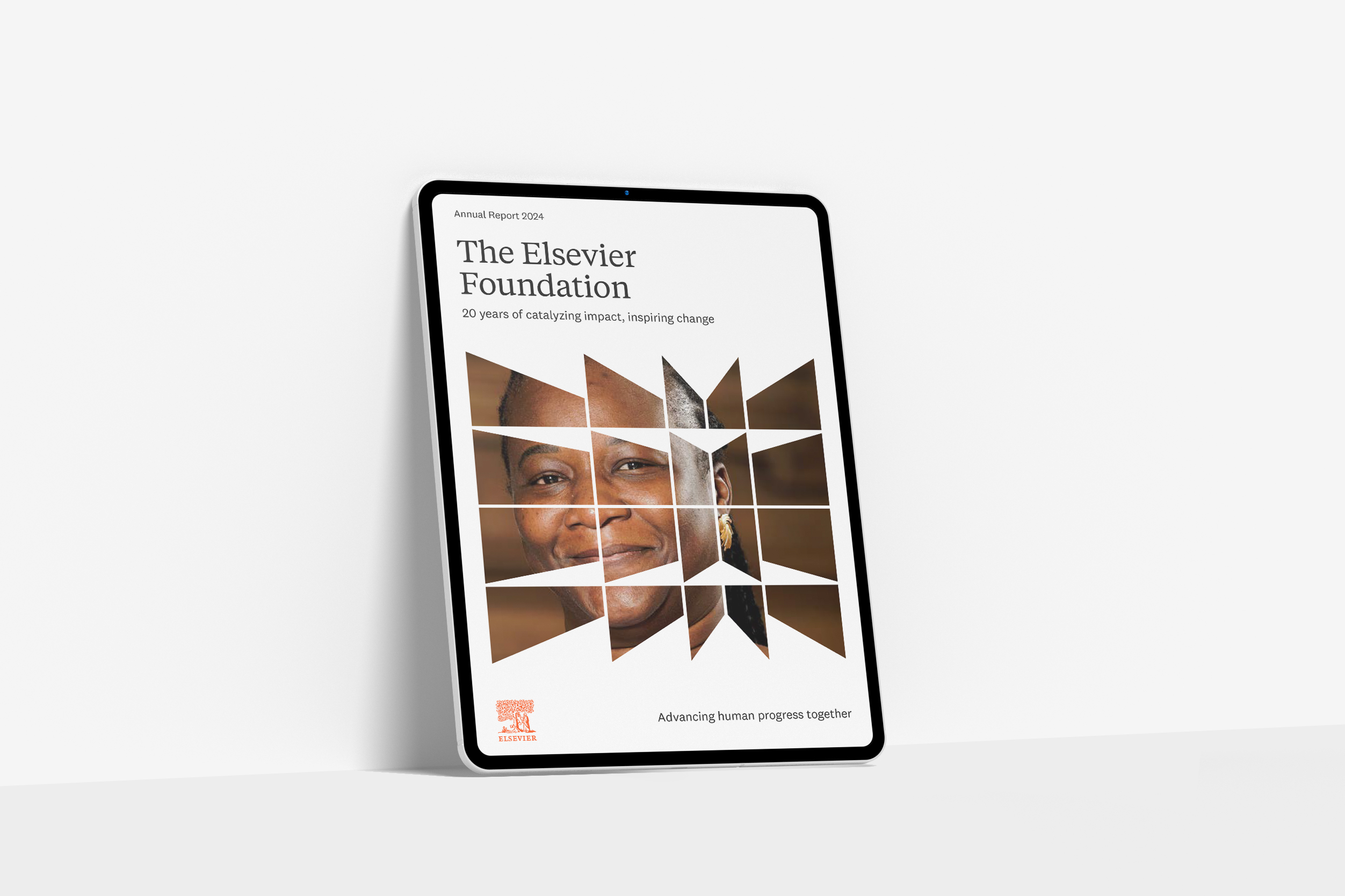Evaluation and Program Planning, Volume 111, August 2025
Given the climate crisis, all sectors must make choices that serve people and planet well into the future. The establishment of the United Nations Sustainable Development Goals (SDGs) in 2015 shifted the global debates on these issues particularly recognizing that sustainability as a critical lens must be applied not only by public and not-for-profit sectors, but also by philanthropy and private sector.
Learning, Culture and Social Interaction, Volume 53, August 2025
The American Journal of Clinical Nutrition, Volume 122, Issue 2, August 2025, Pages 582-592
The article underscores the vital role of traditional country foods in supporting the health of Nunavik Inuit, as these foods are primary sources of important antioxidants like ergothioneine and selenoneine. The markedly higher levels of these compounds among Nunavimmiut�especially among women, elders, and frequent country food consumers�demonstrate the nutritional and cultural significance of maintaining access to wild foods. The findings advocate for the protection and promotion of traditional food systems to preserve both health benefits and Indigenous food sovereignty, while also calling for further research into the health impacts of these unique dietary antioxidants in Indigenous and non-Indigenous populations alike.
Asian Journal of Psychiatry, Volume 111, September 2025, 104632
This study demonstrates that deep learning models, especially Graph Convolutional Networks can effectively and accurately differentiate healthy individuals from those with mild cognitive impairment and Alzheimer's disease, supporting early diagnosis of cognitive decline.
To mark its 20th anniversary, the Elsevier Foundation has released an impact report highlighting its key partnerships and achievements. Since 2005, The Elsevier Foundation has awarded over $18 million in grant funding. These grants have supported more than 100 partners across 70+ countries, reinforcing a commitment to fostering inclusive research and healthcare and promoting better health outcomes and a more sustainable research ecosystem.
Journal of Industrial Information Integration, Volume 46, July 2025

